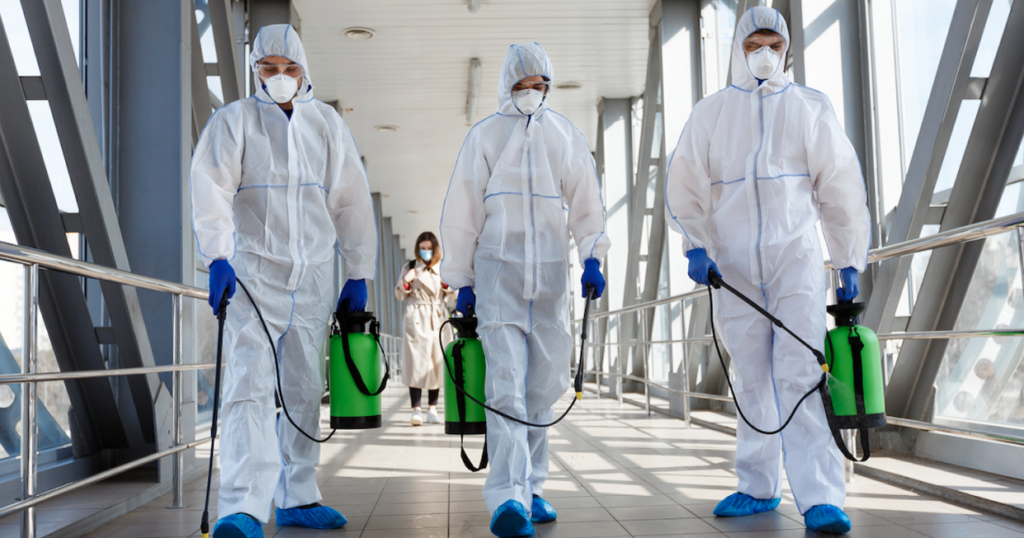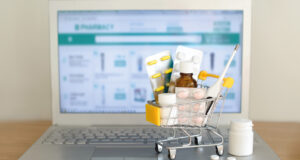You need to boost your Malaysian business with effective disinfection. In today’s world, where information spreads quickly through social media channels, one bad review about an unclean business can impact its revenue significantly. For businesses, maintaining a safe and clean environment for customers and employees is not only important for their health but also for their reputation. As a business owner in Malaysia, it is crucial to understand the importance of effective disinfection practices in keeping your employees and customers safe from germs and viruses. By implementing a regular and effective disinfection routine using the right products and techniques, you can boost the health and productivity of your business while reducing the risk of viral outbreaks. If you are looking for effective and professional disinfection services in Malaysia, we recommend you to look for Cleaning Services Malaysia for top-notch service.
Introduction to the Malaysian Market and Its Unique Challenges
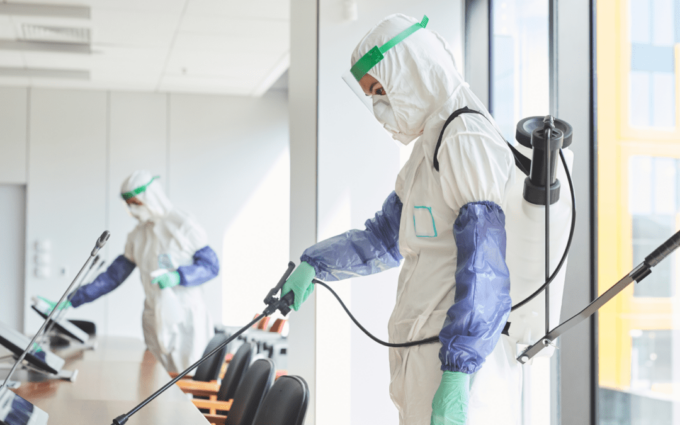
Malaysia lies close to the equator with humidity ranging between 70% – 90%. The humidity level makes it easier for microorganisms like viruses and bacteria to thrive in both indoor and outdoor settings within Malaysian businesses than in other countries.
As such, disinfection practices must account for the unique challenges of the tropical climate and humidity when developing a cleaning routine. Furthermore, Malaysia’s multi-ethnic population means businesses are serving customers from a diverse range of cultures and backgrounds.
This may require additional attention to cultural differences in cleaning practices or communication about disinfection procedures to ensure all customers feel equally safe and comfortable in your business. Effective disinfection practices are critical for businesses that want to protect their customers’ and employees’ health while also maintaining their reputation.The unique challenges posed by Malaysia’s tropical climate and multi-ethnic population make it even more important for businesses operating in this country to develop appropriate cleaning routines that consider these factors.
Understanding Disinfection
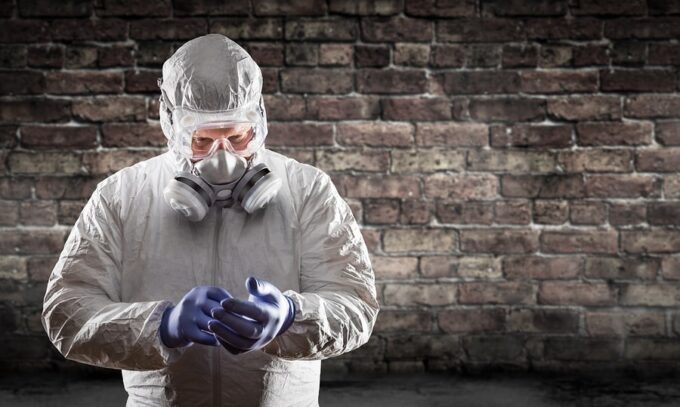
Disinfection is the process of eliminating or reducing the number of microorganisms that can cause infection and disease. It is a critical component of environmental hygiene, particularly in settings where there is a high risk of spreading infectious diseases. Disinfectants work by targeting and destroying the cell wall or membrane of microorganisms, rendering them unable to reproduce or cause illness.
Definition of Disinfection and How It Works
There are various methods for disinfecting surfaces and objects, including physical cleaning, chemical disinfection, and sterilization. Physical cleaning involves removing dirt, debris, and other visible contaminants from surfaces through scrubbing or wiping with soap and water.
Chemical disinfectants are formulated to kill specific types of germs by disrupting their cellular functions or breaking apart their molecular structure. Sterilization is a more aggressive form of disinfection that involves completely eliminating all microbial life from an object or surface.
Different Types of Disinfectants and Their Effectiveness
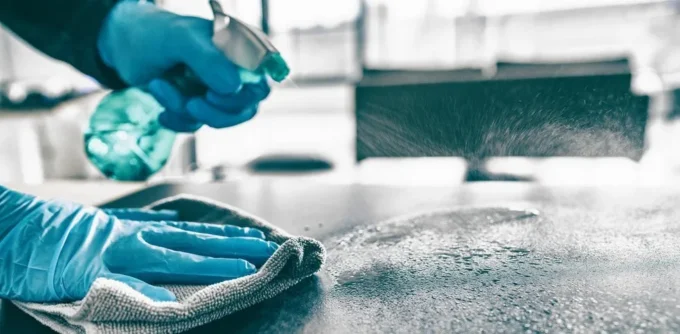
The effectiveness of a disinfectant depends on several factors, such as the type and concentration of active ingredients, the duration of contact time required for complete decontamination, and the method of application. Some common types of disinfectants include alcohol-based solutions (such as ethanol or isopropyl alcohol), chlorine compounds (such as bleach), quaternary ammonium compounds (such as benzalkonium chloride), hydrogen peroxide-based products, and UV-C radiation. Each type has its advantages and disadvantages in terms of efficacy against specific pathogens, compatibility with different surfaces/materials, safety for humans/animals/environmental exposure risks etc. For example – Bleach formulations are highly effective against many microorganisms but can be corrosive to some metals; Quaternary ammonium compounds are safe to use on most surfaces but do not kill certain viruses; Hydrogen peroxide-based products are effective against a wide range of pathogens and are non-toxic but may require longer contact times than other disinfectants.
Importance of Regular Disinfection in Preventing the Spread of Germs and Viruses
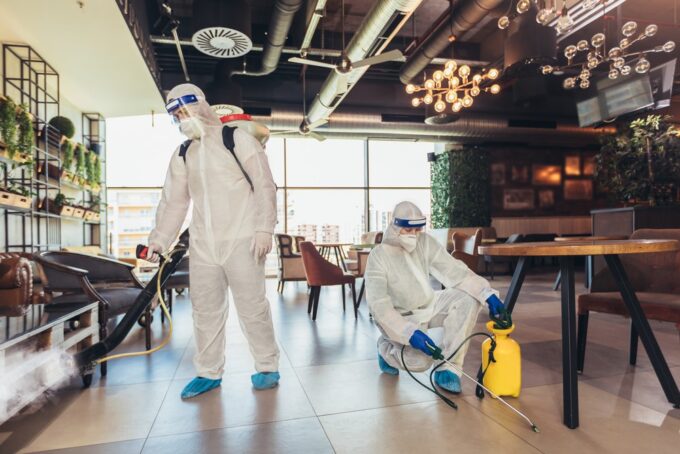
Regular disinfection is essential for maintaining a clean, healthy environment and protecting against the spread of infectious diseases. Pathogens can survive on surfaces for extended periods without proper disinfection, increasing the risk of transmitting infections among individuals who come into contact with those surfaces. Proper cleaning and disinfection practices can help reduce the risk of illness, increase productivity and morale in workplaces, maintain public confidence in businesses etc. COVID-19 pandemic has further emphasized on the importance of disinfecting frequently touched surfaces to prevent respiratory illnesses from spreading.
Disinfection in Malaysian Businesses
Challenges Faced by Businesses in Malaysia
Malaysia is a country located in Southeast Asia, with a tropical climate that is characterized by high humidity and temperatures. This means that businesses operating in Malaysia are faced with unique challenges when it comes to maintaining hygiene and cleanliness.
High humidity makes it easier for germs and bacteria to grow, which increases the risk of infections spreading among employees and customers. The tropical climate also means that many businesses have open-air structures or operate outdoors, which can lead to increased exposure to environmental contaminants like dust, pollen, and pollution.
Common Areas That Require Regular Disinfection
Businesses in Malaysia need to ensure that all areas where employees or customers come into contact are cleaned and disinfected regularly. This includes not only indoor spaces such as offices, retail spaces, restaurants, but also public transportation like buses or trains.These areas often have high traffic volume and are shared by many people throughout the day, increasing the risk of contamination.
Offices: Employees spend most of their time at work indoors.So it is important to keep these areas clean as they can harbor germs like bacteria on common surfaces such as doorknobs.
Retail spaces: Customers touch items in stores so it is important for store owners to make sure these items are properly disinfected regularly.
Restaurants: Restaurants require extra care when cleaning since food preparation requires proper hygiene for health reasons.
Public Transportations: People from all over use public transportations daily causing them susceptible to infectious diseases.
Importance of Using Effective Disinfectants That Are Safe for Both Employees and Customers
It is essential that businesses choose the right disinfectants that are both effective against germs and viruses while being safe enough for use around both employees and customers. Some disinfectants contain harsh chemicals that can irritate the skin or eyes, while others may not be effective against certain types of viruses or bacteria.
It is important to choose a disinfectant that is safe and effective for the specific needs of your business. In addition to using effective disinfectants, businesses should also ensure that cleaning staff are properly trained on how to use them safely and effectively.
This includes following instructions for dilution, contact time, and storage of disinfectants. By taking these steps, businesses in Malaysia can help prevent the spread of germs and viruses while maintaining a safe and healthy environment for all.
Choosing the Right Disinfectant
Effective disinfection is a cornerstone of any successful business, but choosing the right disinfectant can be a daunting task. With so many options available on the market, it can be overwhelming to know which one to choose.
Factors to Consider
When selecting a disinfectant, you must consider several factors. One crucial factor is the effectiveness of the disinfectant against specific viruses or bacteria. Ensure that the product you select has been specifically tested and proven effective against the microbes that are most relevant for your business.
The contact time required for effectiveness is another important consideration. Some products require several minutes of contact time to be effective against certain germs and viruses, while others may only require seconds.
You must also consider whether or not your chosen disinfectant is safe for use around employees and customers alike. Some harsh chemicals can lead to respiratory problems or skin irritation if not handled correctly, so ensure that you select a product that is safe for everyone who will come into contact with it.
Overview of Different Types of Disinfectants Available on The Market
The market offers different types of disinfectants such as liquid chemical sterilants, air sterilizers and germicidal lamps. Liquid chemical sterilants are often used in medical facilities because they are highly effective at killing bacteria and other pathogens on surfaces and equipment within minutes.
Air sterilizers work by filtering out airborne contaminants while germicidal lamps use ultraviolet radiation to kill germs in areas where traditional cleaning methods may not be feasible. Another type of disinfectant available on the market is chlorine-based bleach, which remains very popular due to its low cost and high effectiveness at killing various types of germs including viruses like SARS-CoV-2.
However, it should be used with caution as it is highly reactive and can cause corrosion of some surfaces, fabric and clothing. Chlorine bleach also produces toxic fumes when mixed with other household cleaning products such as ammonia.
Recommendations for Effective Yet Safe Options for Malaysian Businesses
For safe yet effective disinfection in Malaysian businesses, the use of hydrogen peroxide-based disinfectants is recommended. They are non-toxic, leave no residue or odor, and are effective against a broad range of microorganisms including bacteria and viruses.
Another popular option is quaternary ammonium compounds (or “quats”), which are safe for use on most surfaces and materials. Quats have been proven effective against a wide variety of bacteria and viruses but they may not be suitable for all environments due to their inability to kill certain types of germs like norovirus.
Choosing the right disinfectant for your business requires careful consideration. By taking into account factors such as effectiveness against specific microbes, contact time required, and safety for employees and customers alike, you can make an informed decision that will help keep your business running smoothly while protecting everyone’s health and wellbeing.
Implementing Effective Disinfection Practices
Best Practices for Implementing a Regular Disinfection Routine in Your Business
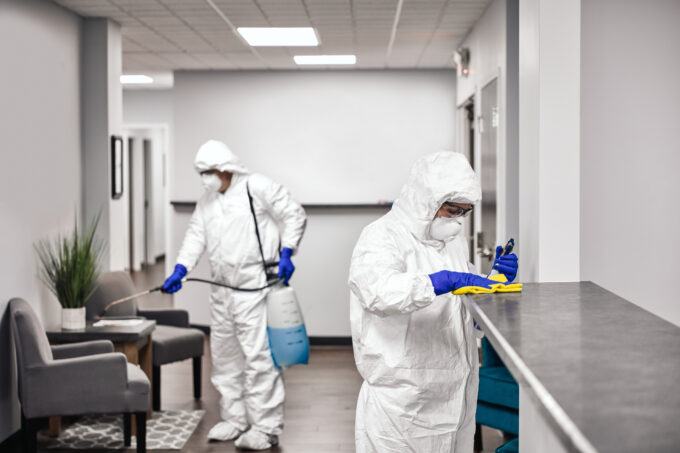
Implementing a regular disinfection routine is crucial to maintaining a safe and healthy environment for employees and customers. To do this effectively, businesses should establish a cleaning protocol that outlines the specific areas to be disinfected, the frequency of cleaning, and the types of disinfectants to be used.
It is important to focus on high-touch areas that are prone to contamination, such as door handles, keyboards, and countertops. In addition, businesses should ensure that all cleaning equipment is properly maintained and cleaned after each use.
This includes mops, buckets, and disinfectant sprayers. It may also be helpful to designate specific equipment for certain areas or tasks to prevent cross-contamination.
Tips for Training Employees on Proper Cleaning Techniques
Properly training employees on cleaning techniques is essential in ensuring that disinfection protocols are followed consistently and effectively. Training should include information on different types of disinfectants, their proper usage instructions (e.g., dilution rates), how to properly clean high-touch areas, and how often these areas need to be cleaned.
Businesses should also provide clear guidelines on personal hygiene practices that employees must adhere to while at work (e.g., washing hands frequently). It may also be helpful to provide visual aids or checklists outlining the steps involved in the cleaning process.
Importance of Communication With Customers About Your Cleaning Practices
Communicating your cleaning practices with customers can help build trust and confidence in your business. This can be done through signage displayed throughout the premises outlining your disinfection protocol or by providing information on your website or social media channels.
It is important to communicate any changes in procedures with customers as well. For example, if a particular area requires more frequent cleaning due to an outbreak, customers should be made aware of this so they can take steps to protect themselves.
In addition, businesses should be prepared to answer any questions or concerns that customers may have about their cleaning practices. By being transparent and open, businesses can establish a strong reputation for safety and cleanliness.
Conclusion
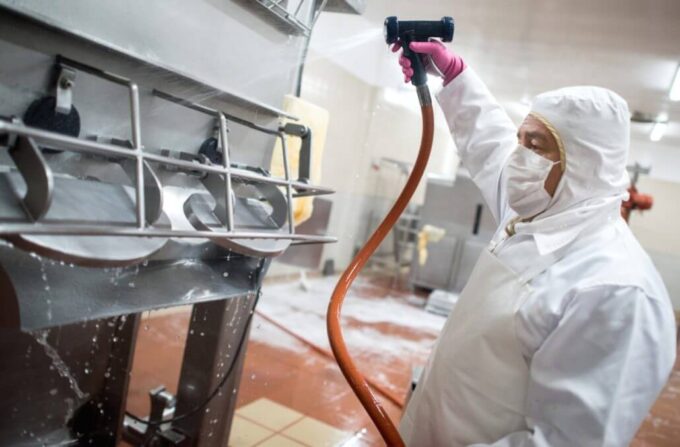
All business owners in Malaysia must boost their business with effective disinfection practices. To implement effective disinfection practices, you have to choose the right disinfectant products for your specific needs. Some of the practical and effective disinfection practices include:
- Regular cleaning and disinfecting are necessary to prevent the spread of germs and viruses.
- Using high-quality disinfectants that are effective against specific pathogens is crucial.
- Training employees on proper cleaning techniques is essential for maintaining a safe environment.
- Clear communication with customers about your cleaning practices can provide peace of mind.
By following these best practices, you can help ensure that your business remains healthy and productive while keeping your employees and customers safe. With careful planning and attention to detail, you can create a clean, healthy environment that supports growth and success for years to come.


